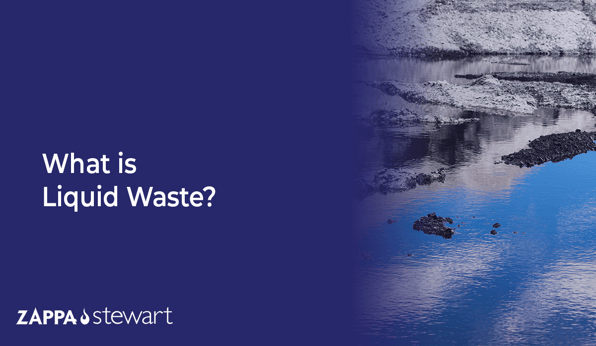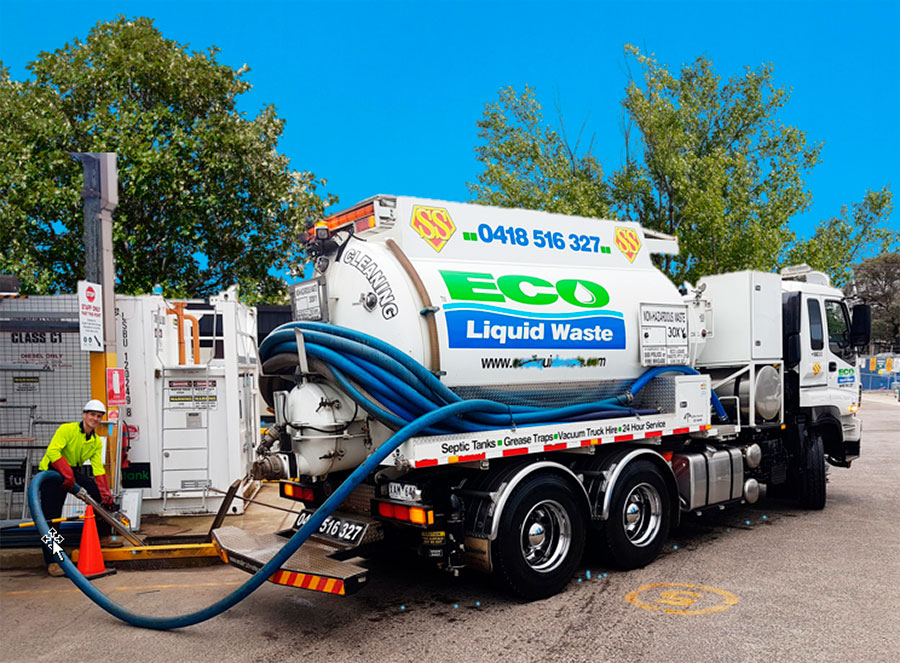The Buzz on Reclaim Waste
The Buzz on Reclaim Waste
Blog Article
Reclaim Waste Fundamentals Explained
Table of ContentsWhat Does Reclaim Waste Mean?The 6-Second Trick For Reclaim Waste10 Easy Facts About Reclaim Waste DescribedNot known Incorrect Statements About Reclaim Waste Some Known Details About Reclaim Waste
Domestic sewer waste refers to the waste and items from a domestic septic container. The proper monitoring and disposal of residential sewer waste require fluid waste to be transferred to a sewer treatment plant where the appropriate methods and equipment are applied to cleanse and dispose of waste.
Industrial waste frequently consists of possible dangers, such as combustible materials or a combination of liquid and solid waste items, and calls for an advanced and detailed disposal process. The disposal of commercial waste usually involves the filtering of waste prior to transport to make certain risk-free and correct disposal. Industrial waste is created from byproducts and drainage of industrial processes and manufacturing.
This type of waste can not use the exact same sewer management transport or processes as septic or business liquids. The industrial waste management procedure requires the evaluation and testing of liquid waste prior to it goes through the disposal procedure (liquid waste removal melbourne). Runoff waste is the liquid waste that comes from drainage and excess stormwater in very populated locations or cities
Overflow waste can create contamination and flooding if not managed effectively. Ensuring appropriate waste administration can prevent catastrophes and decrease ecological damage.
Not known Details About Reclaim Waste
Call PROS Services today to find out concerning our waste administration and disposal services and the proper means to take care of the liquid waste you produce.
(https://reclaimwaste1.weebly.com/)Do you know what takes place to your water when you end, flush the bathroom or drain pipes the washing machine? No? Well, it deserves knowing. This supposed 'wastewater' is not only a crucial resource yet, after treatment, will certainly be released to our land, rivers or the ocean. Utilized water from toilets, showers, bathrooms, kitchen sinks, washings and industrial procedures is referred to as wastewater.

water made use of to cool equipment or tidy plant and equipment). Stormwater, a form of wastewater, is runoff that streams from agricultural and city areas such as roofs, parks, gardens, roadways, courses and rain gutters right into stormwater drains pipes, after rain. Stormwater moves untreated straight to local creeks or rivers, at some point getting to the ocean.
Fascination About Reclaim Waste
In Queensland, most wastewater is dealt with at sewage therapy plants. Wastewater is transferred from residential or commercial sites via a system of sewers and pump stations, known as sewage reticulation, to a sewage treatment plant. City governments develop, keep and operate most sewer treatment plants. Operators are accredited under the Environmental Protection Act 1994 to release cured wastewater at an acceptable ecological requirement into waterways.
The Division of Natural Resources encourages city governments about managing, operating and keeping sewage systems and therapy plants. In unsewered locations, city governments may require owners to mount specific or house sewage therapy systems to deal with domestic wastewater from bathrooms, kitchen areas, restrooms and washings. The Division of Natural Resources authorizes using home systems when they are confirmed to be effective.
Many stormwater receives no therapy. In some new neighborhoods, therapy of some stormwater to get rid of trash, sand and gravel has actually begun making use of gross contaminant catches. Wastewater treatment occurs in 4 phases: Eliminates solid matter. Larger solids, such as plastics and various other objects mistakenly discharged to sewage systems, are eliminated when wastewater is gone through displays.
Wastewater then moves into huge tanks where solids clear up and are removed as sludge. Grease and residue are skimmed from the surface. Utilizes tiny living organisms called micro-organisms to damage down and get rid of continuing to wikipedia reference be liquified wastes and fine particles. Micro-organisms and wastes are included in the sludge. Gets rid of nitrogen and phosphorus nutrients that might trigger algal blooms in our waterways and intimidate water life.
Getting The Reclaim Waste To Work
Nutrient elimination is not available at all sewer therapy plants due to the fact that it calls for costly specialised tools. Clear fluid effluent created after treatment might still have disease-causing micro-organisms - liquid waste removal melbourne.

This normally implies wastewater needs to be treated or contaminants gotten rid of before it can be discharged to waterways. Most wastewater moves into the sewage system. Under the Act, city governments carry out authorizations and licences for ecologically pertinent activities (ERAs) involving wastewater launches that might have a regional influence. The division carries out approvals and permits to ERAs including wastewater releases that might have a regional or statewide effect.
A Biased View of Reclaim Waste
Otherwise, examples are considered lab analysis. Often many examinations are required to develop the levels of each of the different pollutants such as oils, hefty steels and chemicals in water. Tracking gives valid info about water quality and can verify that permit problems are being satisfied. The info acquired via surveillance provides the basis for making water quality decisions.
Report this page